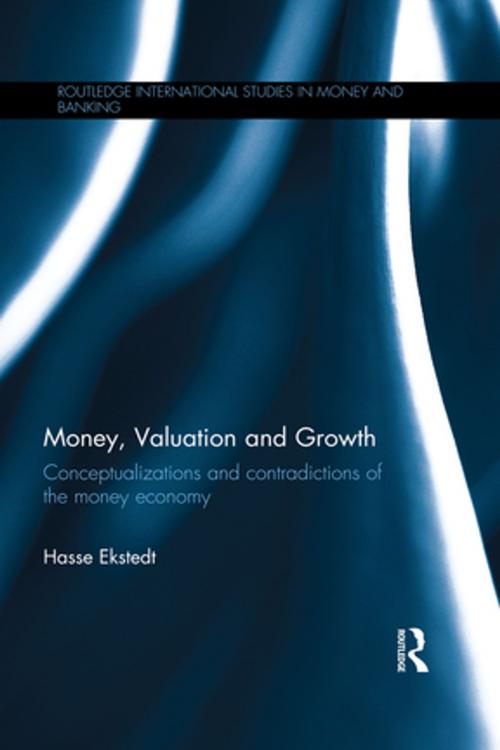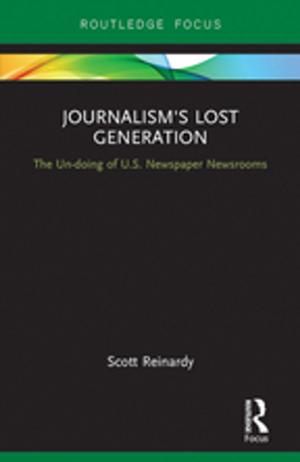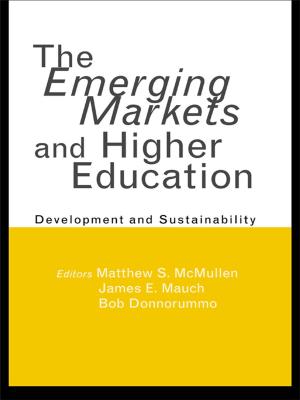Money, Valuation and Growth
Conceptualizations and contradictions of the money economy
Business & Finance, Finance & Investing, Finance, Economics| Author: | Hasse Ekstedt | ISBN: | 9781317669241 |
| Publisher: | Taylor and Francis | Publication: | September 16, 2015 |
| Imprint: | Routledge | Language: | English |
| Author: | Hasse Ekstedt |
| ISBN: | 9781317669241 |
| Publisher: | Taylor and Francis |
| Publication: | September 16, 2015 |
| Imprint: | Routledge |
| Language: | English |
We have experienced an era of extreme anti-inflationary policy combined with debts and deficits, the result of which has been a decrease in social stability. This book examines how using mainstream theory as the basis for economic decisions leads to misunderstandings of central concepts of our economic reality. It aims to establish a better understanding of the discrepancies between the current mainstream economic theory and the economy experienced in business and politics.
This ambitious and wide-ranging volume begins the project of rethinking the approach of economics to money. In this new light, concepts such as valuation, price, uncertainty, growth and aggregation are interpreted differently, even as analytical inconsistencies and even intrinsic contradictions between these concepts arise. A central theme of the book is the use of money as a measure and whether the disconnect between money as a form of measurement and money as it is used in the real world can be maintained.
This book calls for a radical rethinking of the basis of much of the modern study of economics. It will be of interest to researchers concerned with monetary economics, finance, political economy and economic philosophy.
We have experienced an era of extreme anti-inflationary policy combined with debts and deficits, the result of which has been a decrease in social stability. This book examines how using mainstream theory as the basis for economic decisions leads to misunderstandings of central concepts of our economic reality. It aims to establish a better understanding of the discrepancies between the current mainstream economic theory and the economy experienced in business and politics.
This ambitious and wide-ranging volume begins the project of rethinking the approach of economics to money. In this new light, concepts such as valuation, price, uncertainty, growth and aggregation are interpreted differently, even as analytical inconsistencies and even intrinsic contradictions between these concepts arise. A central theme of the book is the use of money as a measure and whether the disconnect between money as a form of measurement and money as it is used in the real world can be maintained.
This book calls for a radical rethinking of the basis of much of the modern study of economics. It will be of interest to researchers concerned with monetary economics, finance, political economy and economic philosophy.















